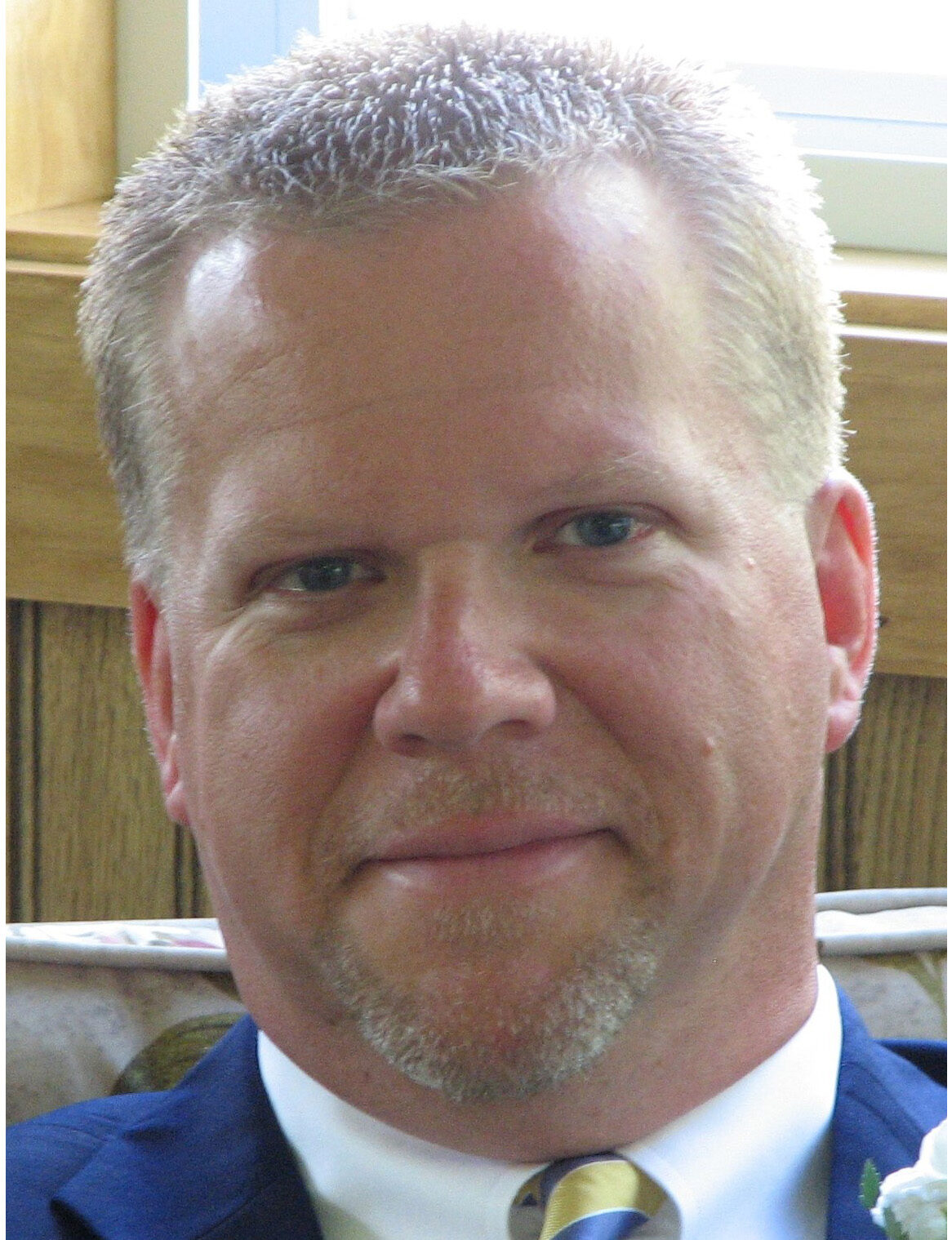HOULTON, Maine — The Houlton Rotary Club met Monday, June 10, in a virtual meeting, with Shawn Anderson, CEO of Houlton Regional Hospital as the featured guest.
Anderson took the position of CEO on June 1, upon the retirement of Tom Moakler.
Before accepting the CEO position, Anderson was director of operations at HRH starting in October 2018, with the understanding that he would ultimately be occupying Moakler’s position. Anderson is originally from Caribou and holds a master’s degree in business administration from the Graduate Studies Division of Husson College. He has held several executive positions including senior manager of the Specialty Care Services Business Unit of The Aroostook Medical Center, and chief operating officer at Cary Medical Center in Caribou.
Anderson recounted the mantra of his leadership team at Houlton Regional Hospital, which is to take the organization from good to great. He mentioned a bestseller written by Jim Collins called “Good to Great” which focuses on finding and promoting disciplined people. Anderson and his leadership team’s objectives at HRH focus on “making the organization great for the betterment of the hospital, the patients, the employees, and the community.”
Anderson’s presentation centered around the hospital’s response to the outbreak of the COVID-19 pandemic. He recalled that the virus was mainly affecting areas overseas until it hit Washington state in February. It was declared a pandemic in early March. On March 6, HRH’s Pandemic Response Team held its first meeting and outlined their Personal Protective Equipment situation, as well as anticipated challenges and implications to inpatients, outpatients, and the community. The team continued to meet daily to manage ways to meet these challenges.
Directly after the first meeting, Anderson implemented a pandemic hotline, designed as a concise way to provide information to the community. He reached out to Rotarian Fred Grant at WHOU to announce a daily health alert regarding the pandemic situation in the state, and he updated the HRH website and Facebook page to effect necessary changes.
Anderson and his Pandemic Response team conducted a total visitor policy revision, identified essential versus nonessential vendors, and protected and orchestrated the lockdown of PPE and essential supplies. Other major considerations at this time were increased environmental services such as disinfection; as well as employee travel, employee screening, a ramp down of elective services, perimeter door access, a discontinuance of self-serve options in the cafeteria, and 6-foot spacing throughout the hospital.
An employee resource pool was managed, as well as re-deployment of staff at HRH, and the hospital started working closely with local nursing homes as a response to the pandemic. COVID-19 testing was provided, supplied by Health and Environmental Testing Laboratories, NorDX, and ALI in Bangor.
Masks for walk-in patients began and the shortage of hand sanitizer became a concern. UMaine came to the rescue and supplied the hand sanitizer for the hospital.
At this time, Jennifer Cavilari, HRH hospitalist, was trapped in Honduras due to the virus, which left the hospital short-handed. Dr. Ted Sussman, also a member of the Houlton Rotary Club, stepped up and fulfilled the role of hospitalist to bridge the gap.
On March 28, in addition to daily weekday meetings, weekend Zoom meetings for the hospital staff commenced, and the Pandemic Response Team at HRH developed the slogan “COVID-19 All Day, Every Day.”
Telehealth services for outpatient practices began, as well as community masking for all employees and patients, and an increased number of patients under investigation were being tracked and watched for the virus.
On April 2, the first positive COVID-19 case occurred in Aroostook County. It was an outpatient walk-in from southern Aroostook County that arrived at HRH late in the day. The HRH Pandemic Response Team executed immediate management of internal concerns by increasing lab hours, increasing courier runs, and setting up subcommittees.
The hospital was burning through PPE rapidly, and had to consider the possible reuse of personal protective equipment. COVID-19 tests were performed by ALI in Bangor, and employee and inpatient tests were conducted.
The PPE availability crisis skyrocketed, as the prices rose and the need for it nationally and internationally mushroomed. Anderson said that the amount of resources needed such as N-95 masks that fit properly, as well as gloves and gowns to treat COVID-19 patients was phenomenal.
The community response to this crisis was overwhelming as many members of the community began sewing and making handmade masks and gowns as quickly as possible. Anderson was touched by the outpouring of community support to the crisis in southern Aroostook.
Four positive cases of COVID-19 were ultimately identified at HRH, which were indirectly related, although two were from Aroostook County and two were from Penobscot County. The management of communication became sensitive and complicated regarding the location of these cases.
All four northern Maine counties collaborated with each other regularly regarding the situation. The PPE shortage continued to be a looming crisis. HRH began working with AMHC to counsel employees to maintain employee health. Employees at HRH have fortunately had enough PPE to sustain them thus far, and have done a “terrific job protecting themselves,” according to Anderson. The Pandemic Response team at HRH continues to be prepared and on high alert for managing any new cases of COVID-19.
Anderson said that his staff has “gelled a team of individuals,” the Pandemic Response Team, who are “second to none in the state with their professionalism and dedication.” The team has learned key clinical directives and are functioning as a “more cohesive team” as a result of the crisis, according to Anderson.
Anderson will be joining another Rotary meeting at a later date to launch Part Two of his presentation about Houlton Regional Hospital’s 2020 and 2021 initiatives.








